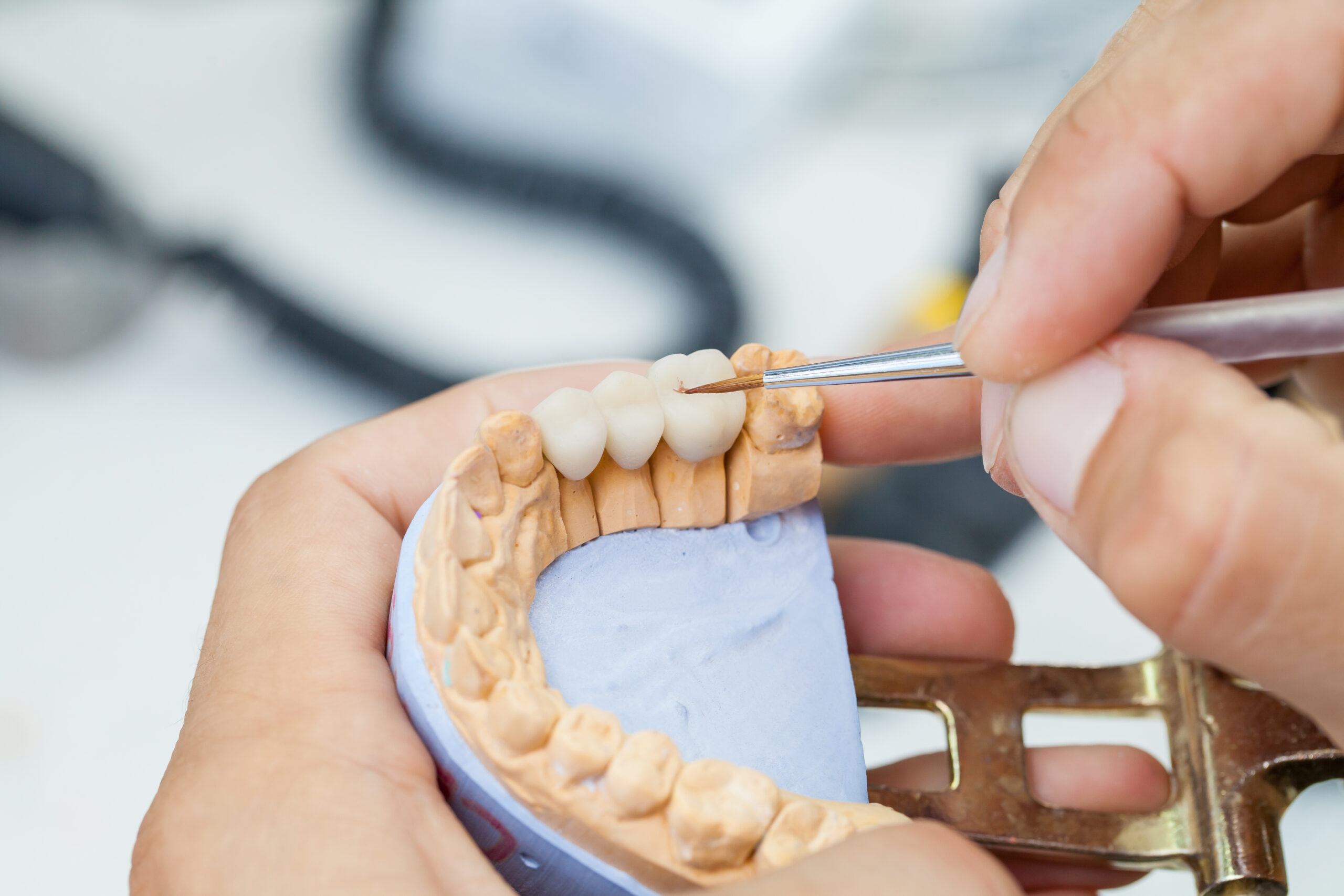Losing teeth affects a lot of aspects of your life, such as how you socialize and eat. Dental bridges are one option that provides speedy and economical solutions. Although it is not the most advanced or complicated tooth replacement treatment, it is the best option for many people.
A beautiful smile is not only a source of confidence but also plays a crucial role in maintaining your general health. Dental bridges in Seton emerge as a reliable solution to bridge this gap, offering a restoration that goes beyond cosmetic benefits. Exploring the types, benefits, and knowing the transformative impact this prosthetic can have on your smile is essential before making a decision.
Understanding Dental Bridges
Dental bridges are prosthetic devices designed to replace missing teeth by bridging the gap between adjacent natural teeth or dental implants. They consist of one or more artificial teeth, known as pontics, anchored to neighbouring teeth, called abutments. The two primary types of dental bridges near you are traditional bridges and implant-supported bridges.
Removable or fixed dental bridges are available. The type of dental bridge you need to utilize will also vary depending on the type of dental condition you have. Some common forms include:
-
Traditional
Traditional bridges are the most common type and are typically made of porcelain fused to metal or ceramics. They rely on the support of adjacent natural teeth or dental crowns to hold the pontic in place. This type of bridge is an excellent option when the adjacent teeth are healthy and strong enough to support the restoration.
-
Implant-Supported
Implant-supported bridges, as the name suggests, are anchored to dental implants surgically placed into the jawbone. This type of bridge is an ideal solution when multiple adjacent teeth are missing, as it doesn’t rely on the support of natural teeth. Implant-supported bridges offer added stability and durability and prevent bone loss in the jaw.
-
Cantilever
These bridges are very similar to a traditional bridge, but instead of two crowns, only one is used to keep the prosthetic in place. Because of its unique structure, it is a great choice for patients who are missing teeth at the very back of their mouth. However, you still need to have a strong teeth on one side of the space to support the bridge.
A dentist near you will help and guide you through the process of having a crown placed over the teeth.
Benefits of Dental Bridges
- Restored Aesthetics
Dental bridges seamlessly fill the gap left by missing teeth, enhancing your smile’s appearance and boosting your self-confidence.
- Improved Functionality
Bridges restore the ability to chew and speak properly, ensuring that your oral functions are not compromised.
- Prevention of Dental Issues
By filling the gap, dental bridges prevent adjacent teeth from shifting, reducing the risk of misalignment and bite problems.
- Preservation of Jawbone Health
Implant-supported bridges stimulate the jawbone, preventing bone loss that can occur when teeth are missing.
- Long-Lasting Solution
With proper care and maintenance, dental bridges can last for many years, providing a durable and effective solution.
Do You Need Reliable Restorative Dentistry?
This is why you should practice proper dental and oral hygiene by brushing twice a day, flossing once a day, and using an antimicrobial mouthwash on a daily basis. This will aid in the prevention of tooth decay and gum disease.
Dental bridges offer a reliable and aesthetically pleasing solution for individuals dealing with the challenges of missing teeth. Consult with our dentist in Seton at Seton Dental Wellness to explore the best option for your unique needs. We look forward to collaborating with you!

